Why do I always procrastinate?
You have a big project due on Tuesday. The Wednesday before, you think, "this time, I'm going to do it differently- I'm going to get started early and have plenty of time to polish it and not feel rushed." You smile as you think this, you know you can do it- it's so clear- why wouldn't you do it?… Thursday and Friday pass with not so much as a thought about the project. Saturday, a feeling of dread starts to hit- you push it away and turn on your favorite show instead. You go to bed Saturday night thinking- I'll do it tomorrow for sure. Sunday, you wake up and do all the things— all the other things that are— you mop the floors, you reorganize your closet, you bake cookies, you go for a run. Monday comes, and the wall of awful hits you. That five-story brick wall is made up of shame, frustration, and fear that you run barrelling into each time something comes due. You spend most of Monday swimming in that shame until finally, the time pressure hits, and you start barrelling through. You finally turn the project in— just an hour late— your exhausted, weary, and promise yourself it's the last time.
Why do we do this to ourselves every time?!?!
Procrastination and ADHD:
While procrastination is certainly not exclusive to ADHD brains- almost every person procrastinates sometimes. It will surprise no one that people with ADHD are more likely to procrastinate than their neurotypical peers. ADHD brains sometimes procrastinate even on purpose because waiting for time pressure to build is a highly effective strategy for creating motivation when it doesn't occur organically.
So if procrastination is so effective- what's the problem? The issues primarily arise around two things:
The Issue of Shame:
In my opinion, the biggest downside of procrastination is the shame and fear, and anxiety that we feel as we are doing it. You may be procrastinating by doing one of your favorite things. Still, it can be so hard to enjoy that favorite thing because of the dread and shame hanging over your head as you do it. For ADHD brains, this feeling can be even worse. Because the shame of one procrastination is so often tied to the shame of thousands of procrastination that came before it and of the failed intentions to "do it differently next time," all making a vague feeling of dread turn into a giant wall of awful.
The Issue of Enough Time:
The other issue with procrastination is that sometimes the amount of time left once you wait for enough time pressure to build doesn't equal the amount of time you actually need to get something done. You might finally get into motion on the project Monday at midnight, but the 9 hours you have until it's due just doesn't allow you enough time to perfect and polish. This leaves us turning in products that aren't quite what we wanted them to be or navigating the tricky waters of fudging a deadline to get it in under (or sometimes over) the wire. Not only does this lead to negative feelings about the work product, but it can also lead to some negative feelings about yourself and your character if you offer small (or big) lies or other falsehoods to cover over your pushed timeframes.
The Top 10 Reasons ADHD brain's Procrastinate
(and how to fight each one)
Click the image to jump to section
Waiting for the Motivation of Time Pressure
This is the number one reason I see my clients procrastinate. ADHD brains are motivated by four things: competition, interest, novelty, and pressure. And without motivation, getting a task done can feel like pushing a giant boulder uphill…through the mud…with your leg in a cast. But time pressure is the one motivator that you can almost always create just by waiting long enough. And, honestly, it's not a bad one- if you use some tricks to handle the two main issues we talked about above:
What to do about it:
Create artificial (but still meaningful) deadlines ahead of time: Ask your boss, your colleague, or anyone else whose opinion you value highly to look over a draft of that paper or collaborate with you ahead of time. Let them know that you would love them to hold you to the deadline and follow up if you miss it. This will help you hold to that earlier deadline (or at least get close) and provide room to polish and perfect it before it's actually due.
Manage your self-talk: If you are choosing to wait for time pressure to build up- own it. Don't allow your brain to fall into the familiar pattern of torturing yourself as you wait. Stay present with what you are doing while waiting and remind yourself that even though the behaviors might be the same as past times, your intentions are different this time around.
Overwhelm and Anxiety
Having a big task ahead of you can feel daunting. It feels like a giant scary monster that you just want to run and hide from, rather than tackling it one step at a time. But the nature of anxiety is that the more we avoid it, the bigger it becomes. So, the more we procrastinate, the more we allow a task to loom over us with all of its fears, unanswered questions and unchartered territories to hover at the back of our brain, the harder it gets to get started.
What to do about it:
Write it out and break it down: When we put things in writing, we start to take it out of the emotional part of our brain and into the rational part of our brain. But just writing on a piece of paper: "BIG SCARY PROJECT" - while a good first step, isn't going to help get you going. So, after you dump the things you are avoiding onto paper, try breaking them down into small steps. When I say small- I mean really small- so small that you have the thought- oh, I guess I can do that. So sending your boss an email becomes :1. Find email address, 2. draft ideas you want to say to boss 3.Draft email from ideas 4. Edit email. 5. Send the email.
Fear of failure and negative feedback
The ADHD brain is more sensitive to failure and negative feedback than a neurotypical brain. And the truth is that our brains process imagined events much in the same way as we process actual events. So, imagining or fearing possible failure or negative feedback can create the same spiral that actual failure or feedback can create. This is extra problematic for those of us whose brains have developed a harsh critic inside to "keep us on track." This critic may sometimes get us moving, but most of the time, it freezes us in place because the criticism it offers triggers that RSD spiral- making us want to run and hide from a task rather than face the fear we might not do it well.
What to do about it:
Hire a defense attorney for your brain- If you have a harsh critic in your head, you aren't likely to just shut it off. But you can argue against it. Try hiring a defense attorney to argue against that critic. Or, you can hire a "soul cycle instructor" instead- someone who acknowledges the fear, the challenge ahead of you but gently pushes you towards it- having full faith in your ability to push through.
Perfectionism
ADHD brains are more comfortable with things being all or nothing. The brain struggles to regulate effort, and so it would rather go all out or do nothing at all. This can be a great strength of the ADHD brain- leading to huge pushes, great effort, and fantastic products. It also makes getting started on something- anything- really, really hard. Because it is, objectively, much hard to start something that has to end up perfect than it is to start something that just needs to be done or can be done a little at a time.
What to do about it:
Done is better than perfect: Try de-emphasizing the importance of the product and, instead, thinking about the importance of completion. If the task needs to be perfect, but it's a whole lot less likely to get done that way- is that better? Or would a completed, albeit, imperfect version do best?
Sensation Seeking
One of the central neurological issues with ADHD brains is insufficient dopamine in its reward center. This means that it's less likely to get a little pleasure spike from small, everyday tasks and often have to go out searching for larger ones to feel good. So, getting started on that big task isn't likely to feel as useful to you as it might someone else. And so your dopamine hungry brain goes off in search of something to feed it- video games, the small but steady hit of scrolling social media, alcohol, sex, or other surefire dopamine hits feel more appealing when faced with a dull, seemingly endless task in front of you
What to do about it:
Get moving: Go for a run, do a spin class, dance to your favorite music, or do a couple of jumping jacks. Getting your heart rate up will give your brain that burst of dopamine it needs and will boost your focus and attention for the task ahead.
Initiation Issues
Starting something (what psychologists call initiation) is an executive function. And it takes energy to do- a lot of energy. Your brain has to have the resources (i.e., dopamine primarily) to get started. And guess what? ADHD brains don't have enough dopamine, which means it often doesn't have enough of the energy it needs to get started. But that's just the start of it- the ADHD brain also struggles to do the things that make starting a bit easier- things like organizing, prioritizing, and setting up. So, instead, you're left with a giant, disorganized task that you don't know how to begin. And how much energy is it going to take to tackle that?!?
What to do about it:
Break it down: Break it down into it's smallest— I mean teeny tiniest— steps.
Write it down: Write down all of those steps. Oh, look! You got started! Now on to the next.
Try the 2-minute rule: James Clear, the author of Atomic Habits, talks about how if you tell yourself you are just going to do 2 minutes of something, it makes it much more approachable. And really- you can just do 2 minutes. You let yourself stop after that time is up. Of course, if you decide to stay with it longer- go ahead, but you get to claim victory if you do 2 minutes
Define the task: Sometimes, it's hard to get started because we don't really know what a task is. For example, write a dissertation- if that were on your to-do list- how long do you think it would sit there untouched? The problem is it's too big and too undefined. But, brainstorm topics for a dissertation for 2 minutes. That is a task I can do. It's defined, I can picture myself doing it, I know what's involved, and I know how long it will take.
Time Estimation Issues
ADHD brains, in general, are terrible at estimating time. All brains are bad at it- it's why casinos have no windows- because our brains are easily fooled into slowing or speeding up the passing of time. But ADHD brains aren't just easily fooled- they experience time differently. ADHD brains experience time as something that expands and contracts based on seemingly limitless outside factors rather than a linear construct that follows predictable rules. When time is continually expanding and contracting like a temporal inchworm, it makes it hard to figure out exactly how long you need to do something or feel a proper amount of pressure to get started ahead of time.
What to do about it:
Set up time experiments: Before you start something, ask yourself how long it will take, then time yourself doing the thing- how close were you to accurate? The more you do this, the more able you will be at estimating how long things will take and estimating how much time has passed.
Ask a friend: Think you can write your year-end report in a night? Ask your colleague how long It took him. Sure, you might hit a hyperfocus spot and work at warp speed- but do you want to count on that?
Set a timer/ use a watch: Have lots of very obvious cues for the passing of time- not just a phone you have to turn on to see it- but actual clocks that tell you the time no matter what. Also, set a timer while you work to help you monitor the passing of time. I love the time timer because it gives you a clear visual guide of time passing.
Task Aversion
It's harder to start a task you don't want to do. It just is. But it actually is harder (neurologically so) to get an ADHD brain to start something that it doesn't want to do. Because the ADHD reward system is deficient in dopamine, it doesn't get a little thrill from getting started. It also doesn't get the little thrills that a neurotypical brain does throughout the day- making it more hungry for bigger thrills. And starting a dreadful task? That's a surefire path to thrill starvation for a bit.
What to do about it
Pair a bad task with a good one. I hate folding laundry, but This is Us- that makes it a whole lot better. I find business books hard to sit through sometimes but listening to them on audible while I go for a run- that's great. Whenever possible, pair a dull, repetitive, or dreadful task with something you love.
Try the 2-minute rule: For something terrible that you can't (or don't want to) combine- can you do 2 minutes? Just 2 minutes of it? After 2 minutes, declare yourself a victor. Sure, if you want to do 2 more, you're welcome to. But two is all you need!
Lack of Control
As people, we tend to have stories we tell ourselves about how much control we have over our lives, feelings, and circumstances. People who are more likely to feel like forces outside their control dictate their lives and what happens are more likely to feel anxious and helpless and take less action. People who focus on their control are more likely to take action and feel less anxious in response. ADHD brains can feel like fickle beasts- they turn off and on, seemingly for no reason. And so it can feel like you just need to wait for inspiration or motivation to strike and that you have no control over when or how you start- so why bother?
What to do about it:
Create motivation: When have you felt motivated in the past? What things tend to get you going? Once you understand exactly what motivates your brain, you can find creative ways to create it. Check out this post on 20 different ways to create motivation for some ideas on how.
Map out where you have control: Can you control the response to your project? Probably not. Do you have control over the quality? Yes. Can you control how your brain is wired, and what gets it going? No. Do you have control over how you package a task (i.e., what you pair it with, how you define it, how long you do it, when you do it) to make it easier for your brain to do? Yes. Find the places you have control over and seize them.
Temporal Discounting
ADHD brains do this thing where they undervalue something that's far in the future. (Actually, it's a thing all brains do, but ADHD brains are just much better at it). So saving for retirement? Not as appealing as buying that new car. Losing 20 pounds by next spring? Not as appealing as the donut in your hand. Present rewards and costs are felt so much more strongly than that future reward could be. So, turning off the TV and getting started on the project that you want time to polish- that's a tough equation for your brain.
What to do about it:
Bring that future reward into technicolor: Try imagining what it would feel like to finish that project the day before, get a good night's sleep and polish it with the fresh perspective of a new day. How does that feel? What would that look like? What things would you think to yourself? Hold that image in mind and work towards it.
Avoid temptation ahead of time: You don't have to consider your diet's unequal equation if you don't have any donuts in the house. You won't have to worry about spending your retirement savings if you have it on automatic draft. Give yourself the gift of making those choices when both are in the future and, therefore, more equal than when one is facing you down at the moment.
The real trick with procrastinating:
Sure, I just gave you a bunch of strategies to try. And I believe in them- I've seen them work for my husband, myself, and countless clients— I wouldn't be talking about them if I didn't. But you know what?
You will still procrastinate.
The real trick is not beating yourself up about it. Because the spiral we get into when we beat ourselves up makes getting started that much harder. So give yourself a break. Find some grace and look over the list again. The fact that you put it off? That doesn't make you a horrible person; that makes your brain vulnerable to a whole host of distortions and actions that make getting started hard. Figure out what that procrastination cause was and then try out a strategy to help it. The more you do it; the smaller and more manageable your procrastination will become.
What do you procrastinate the most? What's your favorite anti-procrastination strategy?
Ready to shift from
meltdown to mastery?
This online course has been designed specifically to help teach the strategies ADHD brains need to help them move from overwhelm and meltdowns to confident emotional mastery.
Want to know more about
thriving with ADHD?
Check out these other articles:


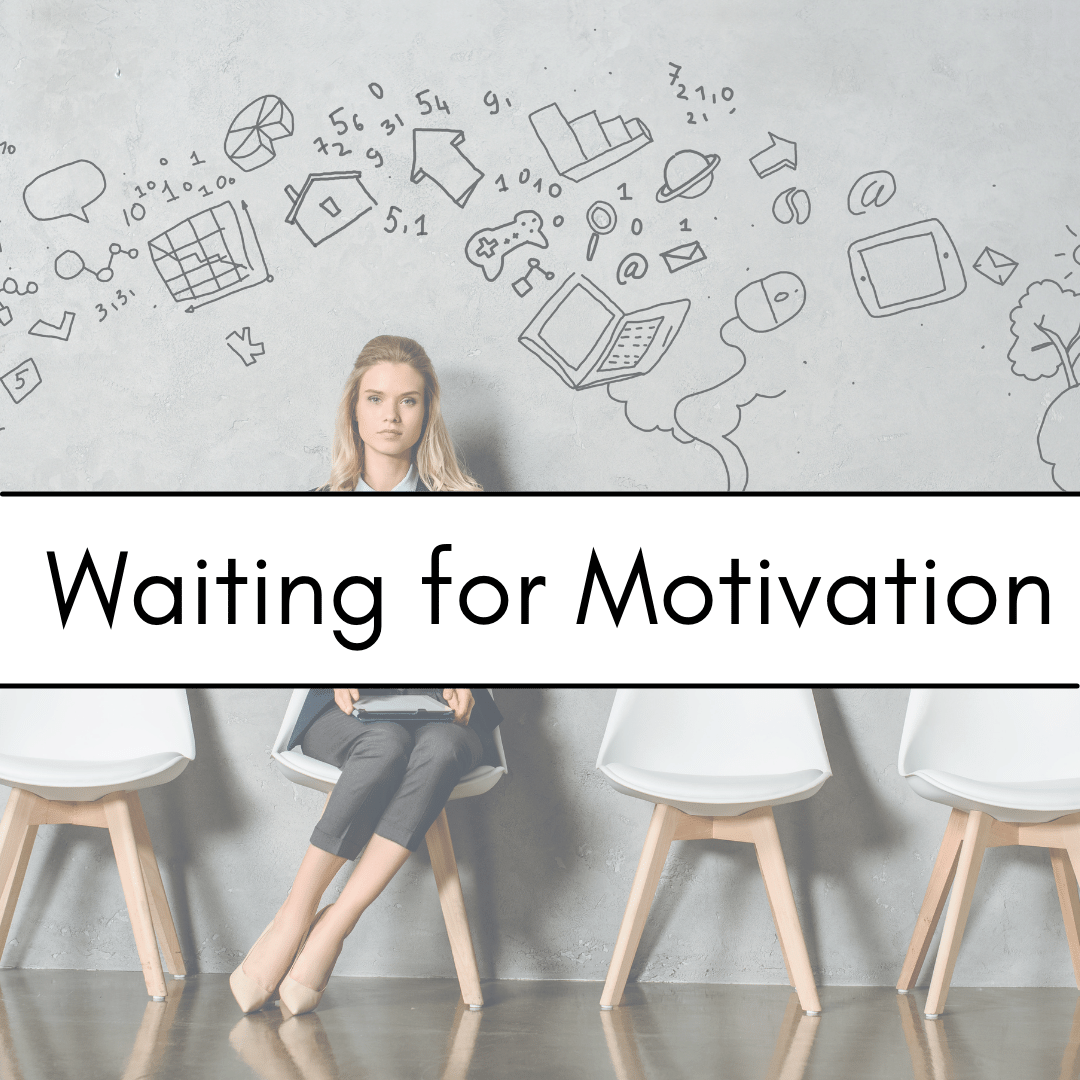


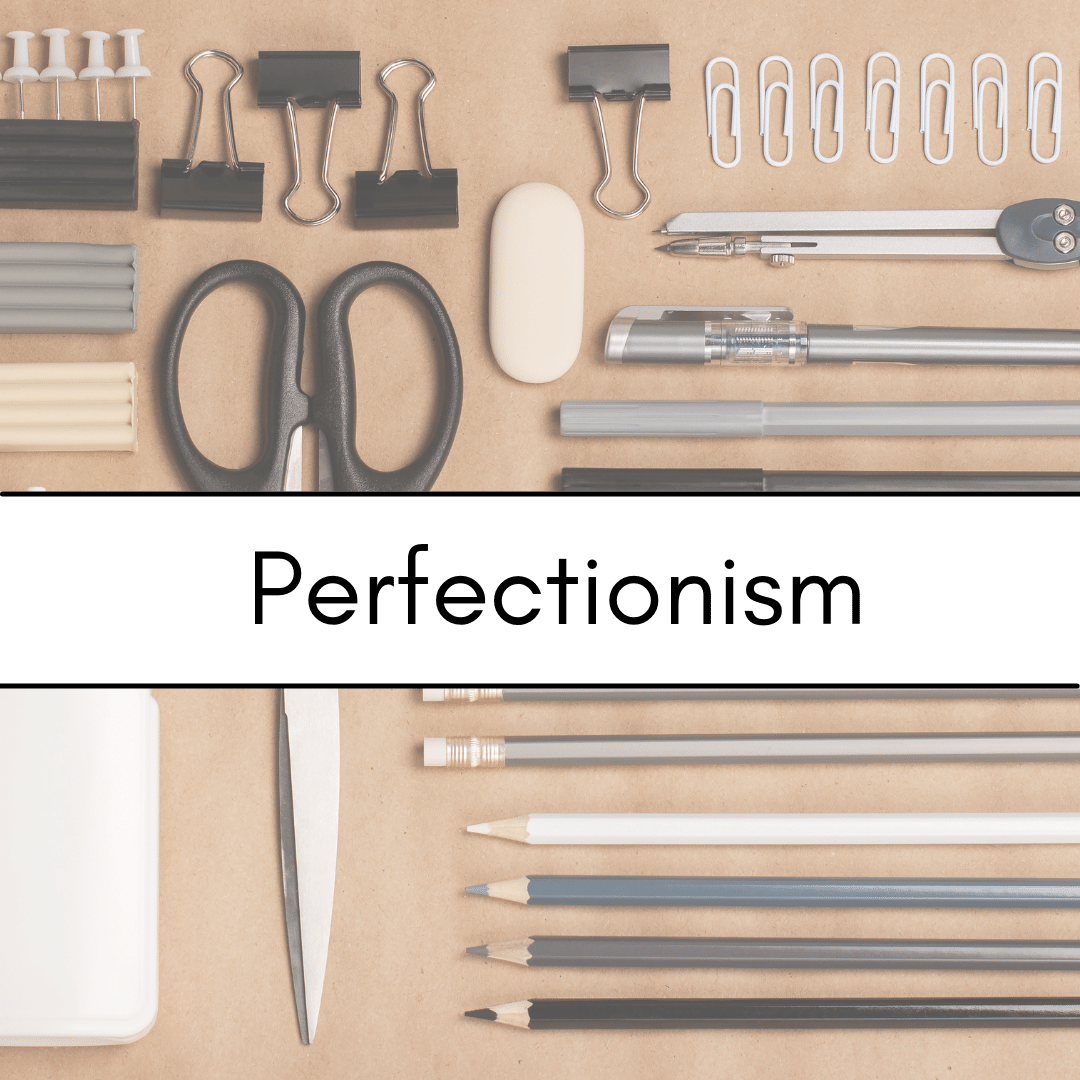

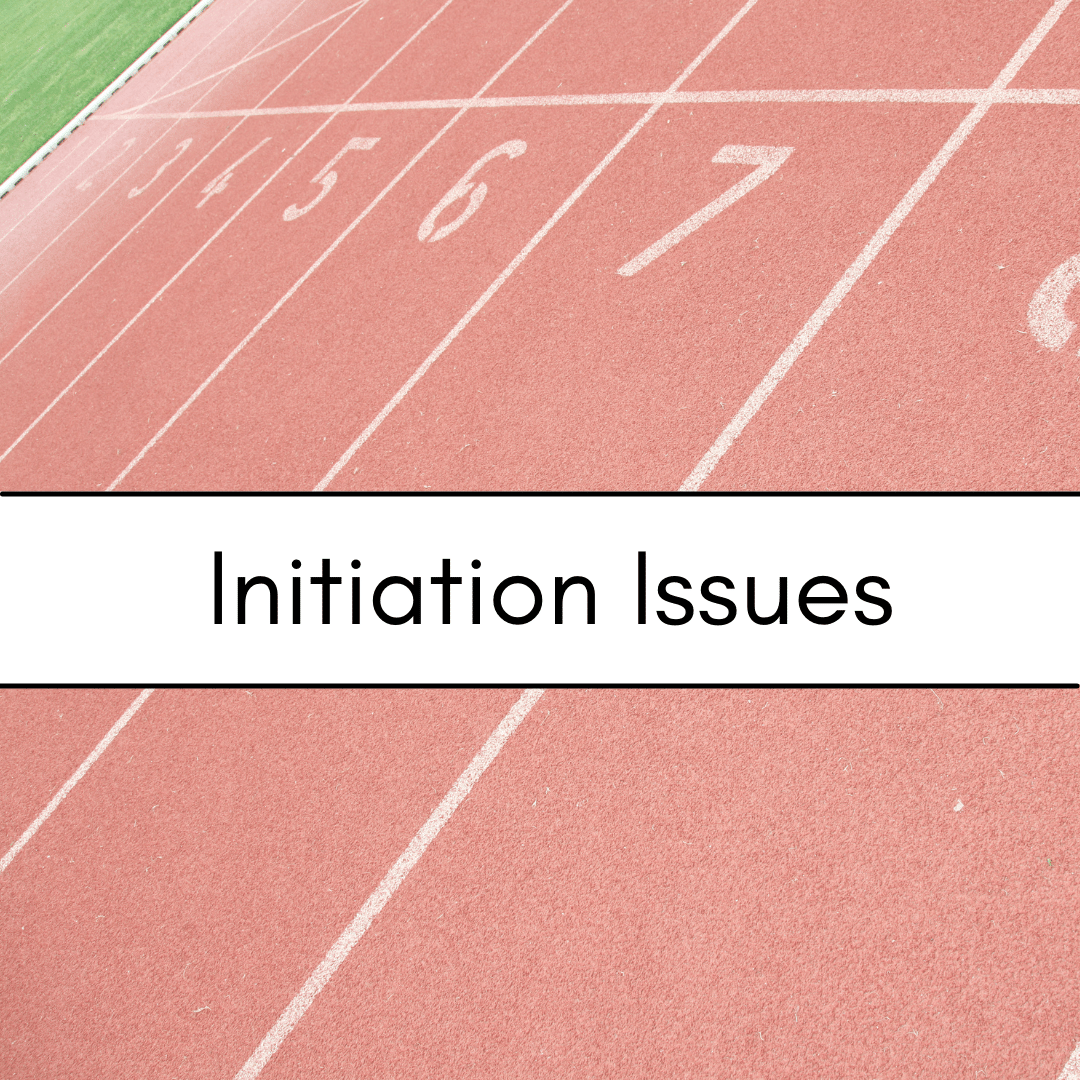
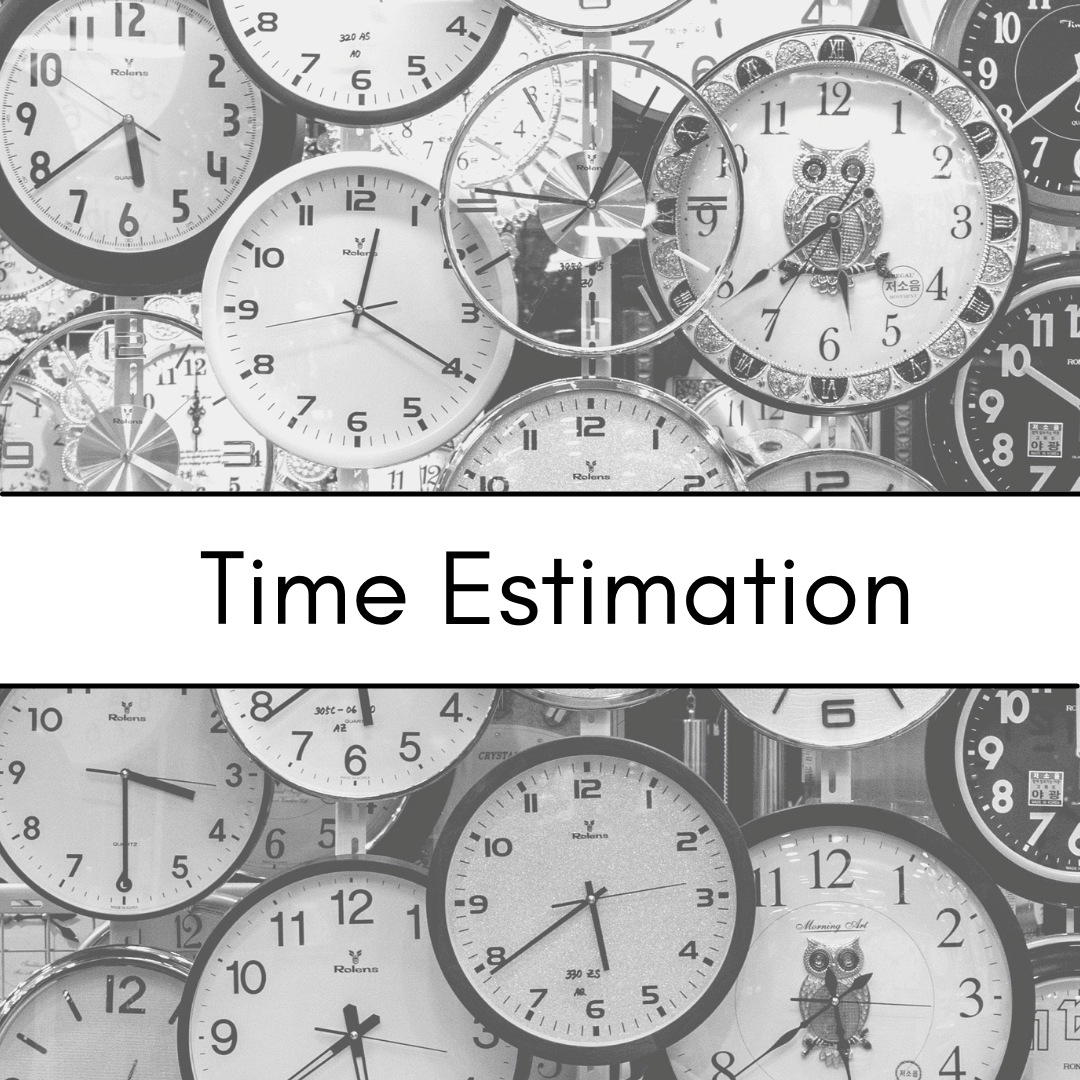
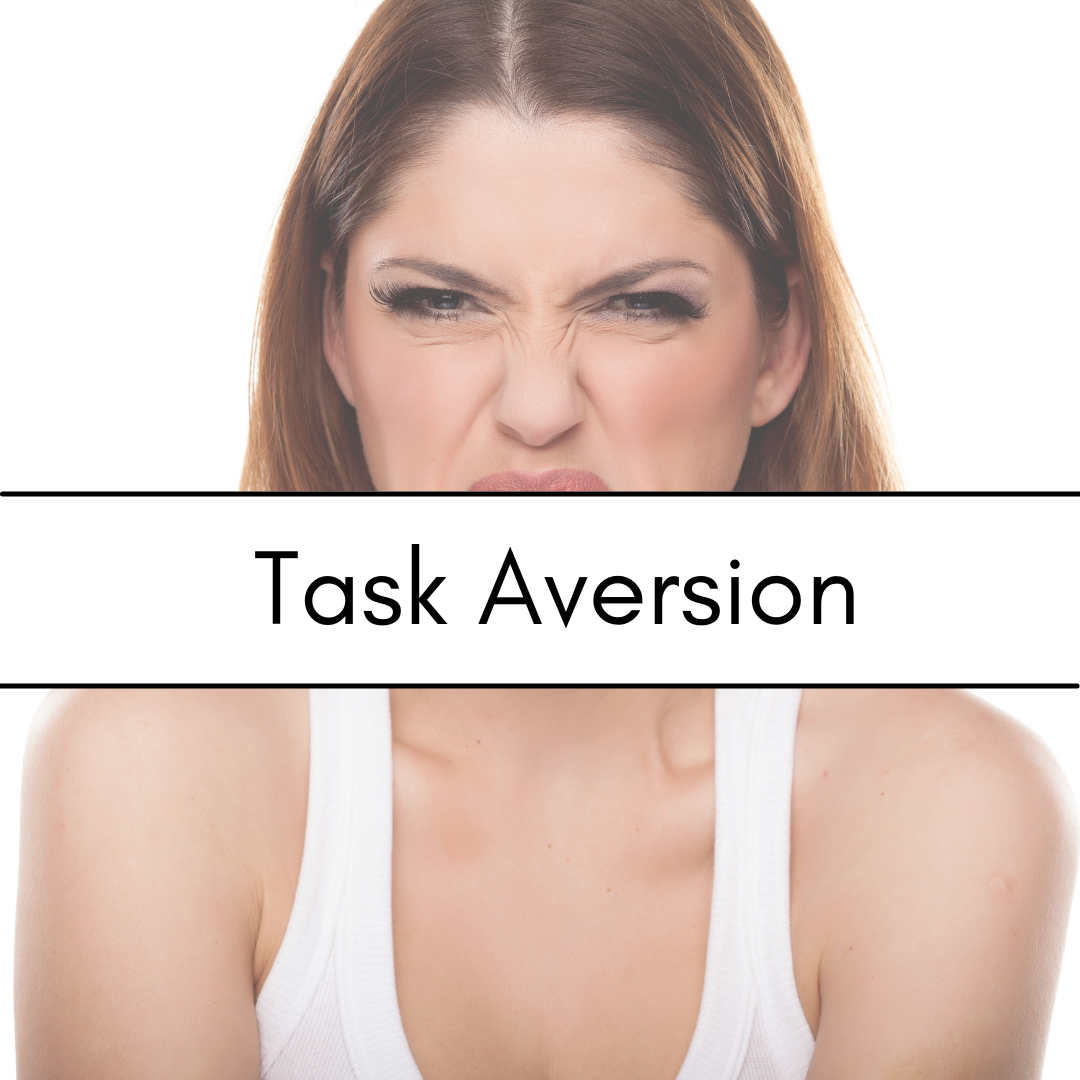
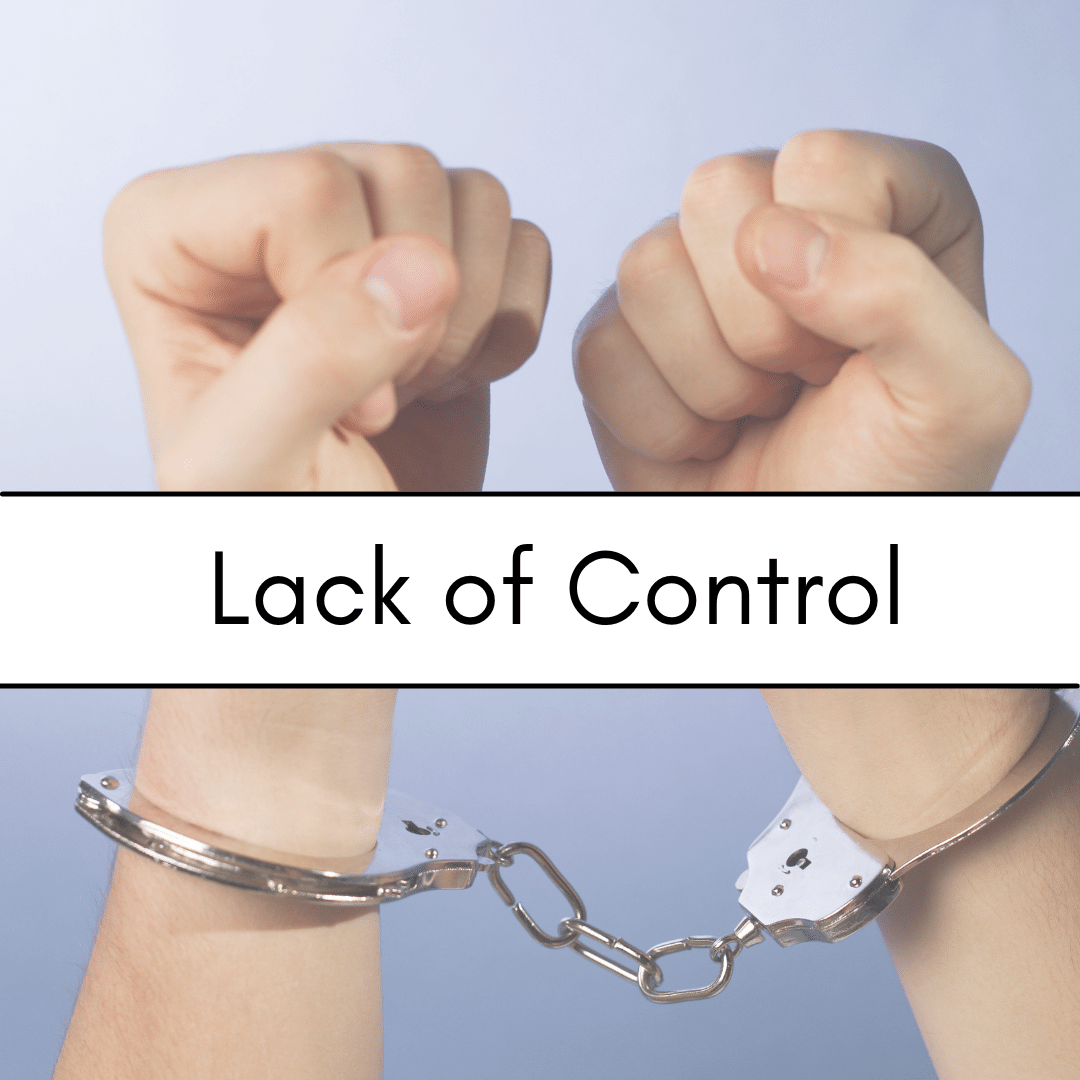
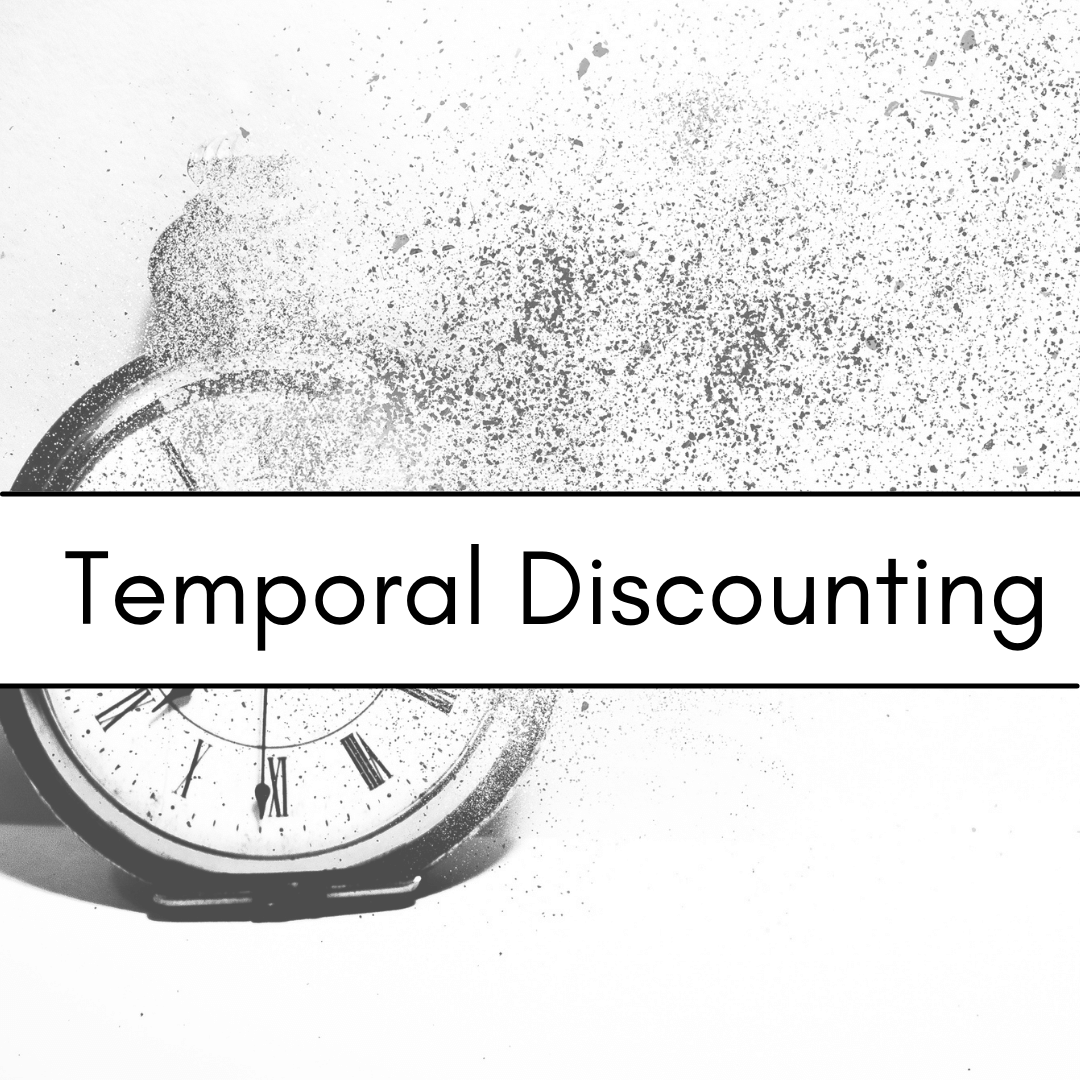




Why am I so anxious all the time? ADHD and Anxiety in Adults